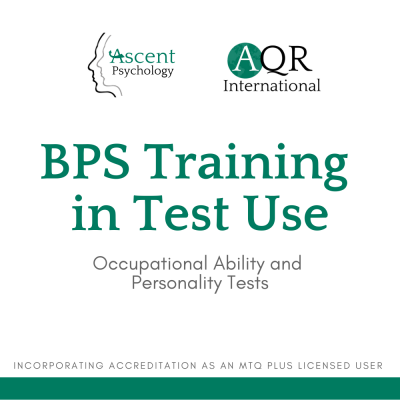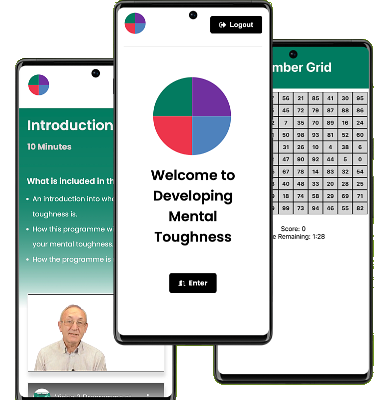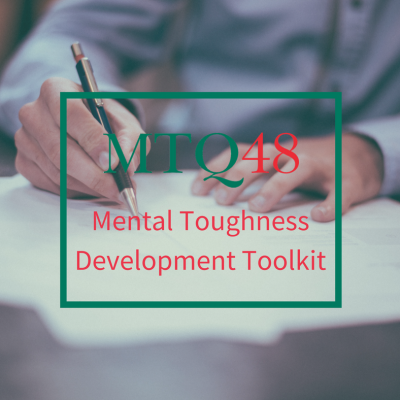Post-16 Education
Research and case studies from education show that mindset and attitude are major factors in most of the important outcomes for students at post-16 age.
- Performance – explaining up to 25% of the variation in performance in individuals. MT people deliver more, work more purposefully, show greater commitment to purpose and are more competitive. This translates into better academic or social action achievement, personal development, and better attendance in school.
- Wellbeing – more contented. The mentally tough show better stress management, willingness to participate, better attendance, are less likely to develop mental health issues, sleep better and are less prone to bullying. They can take stressors in their stride.
- Positive Behaviour – more engaged. The mentally tough are more positive, more “can do”, respond positively to change and adversity, show better attendance, contribute to a positive culture and a stronger focus on the opportunities in the world of employment.
- Openness to Learning – More aspirational. The mentally tough are more ambitious, prepared to manage more risk – seeing opportunity for learning everywhere and understanding the need for a transferable skillset in preparedness for the world of employment
- Transition –Those with higher levels of mental toughness deal better with new settings (switching from secondary school to sixth form), new programmes, courses, new teachers and classmates, etc.
We have seen a positive impact on the attainment, wellbeing and behaviours of students and staff. The 4 Cs model is very accessible to all stakeholders and is now embedded in the school’s ethos. The next stage is to carry out (within a PhD programme) a formal analysis to better understand which interventions are most effective and how we can apply this to different groups of pupils.
A key emphasis within our classrooms is developing a growth mind-set amongst our learners at all levels. The MTQ48 questionnaire and the programme has been very effective in helping learners to be self-aware about their mindset – to understand their strengths and to understand where their mindset may hold them back – and to support students in attending to their needs in this area.
The mental toughness programme is accessible. It is easy to apply and fits extremely well with everything else we are doing and does appear to contribute to the development of our students. EBC has already put in place plans to carry on and extend this work in the future – including training a key member of staff to take a lead on this inside the college.
-

BPS Training in Test Use
£1,980.00 -

ILM72 Licensed User Training – Online
£390.00 – £408.00 - Sale!

ILM72 Starter Kit
Original price was: £1,326.00.£1,194.00Current price is: £1,194.00. - Sale!

Mental Toughness Development – Online Programme
Original price was: £358.80.£238.80Current price is: £238.80. -

MTQ Licensed User Training – Online
£660.00 – £678.00
Upcoming Events:
We have seen a positive impact on the attainment, wellbeing and behaviours of students and staff. The 4 Cs model is very accessible to all stakeholders and is now embedded in the school’s ethos. The next stage is to carry out (within a PhD programme) a formal analysis to better understand which interventions are most effective and how we can apply this to different groups of pupils.
A key emphasis within our classrooms is developing a growth mind-set amongst our learners at all levels. The MTQ48 questionnaire and the programme has been very effective in helping learners to be self-aware about their mindset – to understand their strengths and to understand where their mindset may hold them back – and to support students in attending to their needs in this area.
The mental toughness programme is accessible. It is easy to apply and fits extremely well with everything else we are doing and does appear to contribute to the development of our students. EBC has already put in place plans to carry on and extend this work in the future – including training a key member of staff to take a lead on this inside the college.

